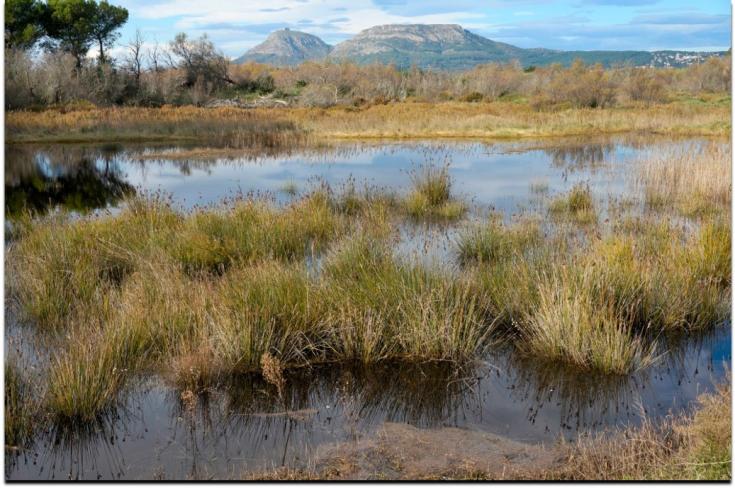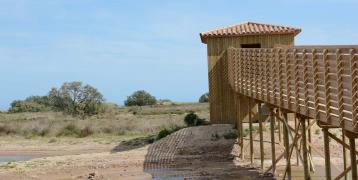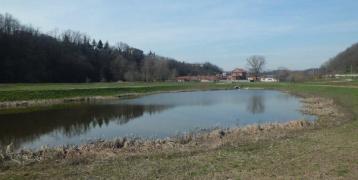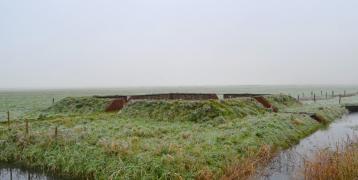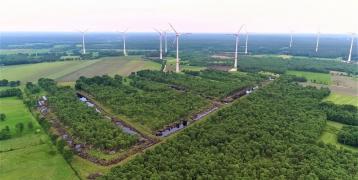Nature-based solutions for climate adaptation
The impacts of climate change are increasingly frequent in Europe resulting in social, environmental and economic damages. According to the European Environmental Agency (EEA): “between 1980 and 2020, total economic losses from weather and climate-related events amounted to EUR 450-520 billion in the 32 EEA member countries”.
Nature-based solutions play a key role in climate adaptation. Some estimates suggest they could provide 37% of the mitigation needed before 2030 to achieve the targets of the Paris Agreement. They have proven a cost-effective way to address climate change, biodiversity loss and land degradation. The EU recognizes the approach as an inherent part of many policies.
This policy brief focuses on three specific ecosystems that are among the most relevant in carbon storage and biodiversity enhancement:
- Wetland
- Peatlands
- Grasslands
With the new Nature Restoration Law, the European Union will potentially introduce binding targets for the restoration of these ecosystems. Local and regional authorities will therefore play a vital role in including these targets in local and regional policies.
Explore the overview of EU initiatives and ways to mitigate climate change in this policy brief. These include actions on the restoration of wetlands, peatlands and grasslands, or the use of constructed wetlands and ponds to prevent floods.
You will also discover a selection of Interreg Europe good practices from the projects Land-Sea, AQUARES, WaVE, IRENES and PROGRESS, with a high degree of replicability in other municipal contexts.
Download the policy brief
Download the policy brief below and start exploring nature-based solutions for climate adaptation.
